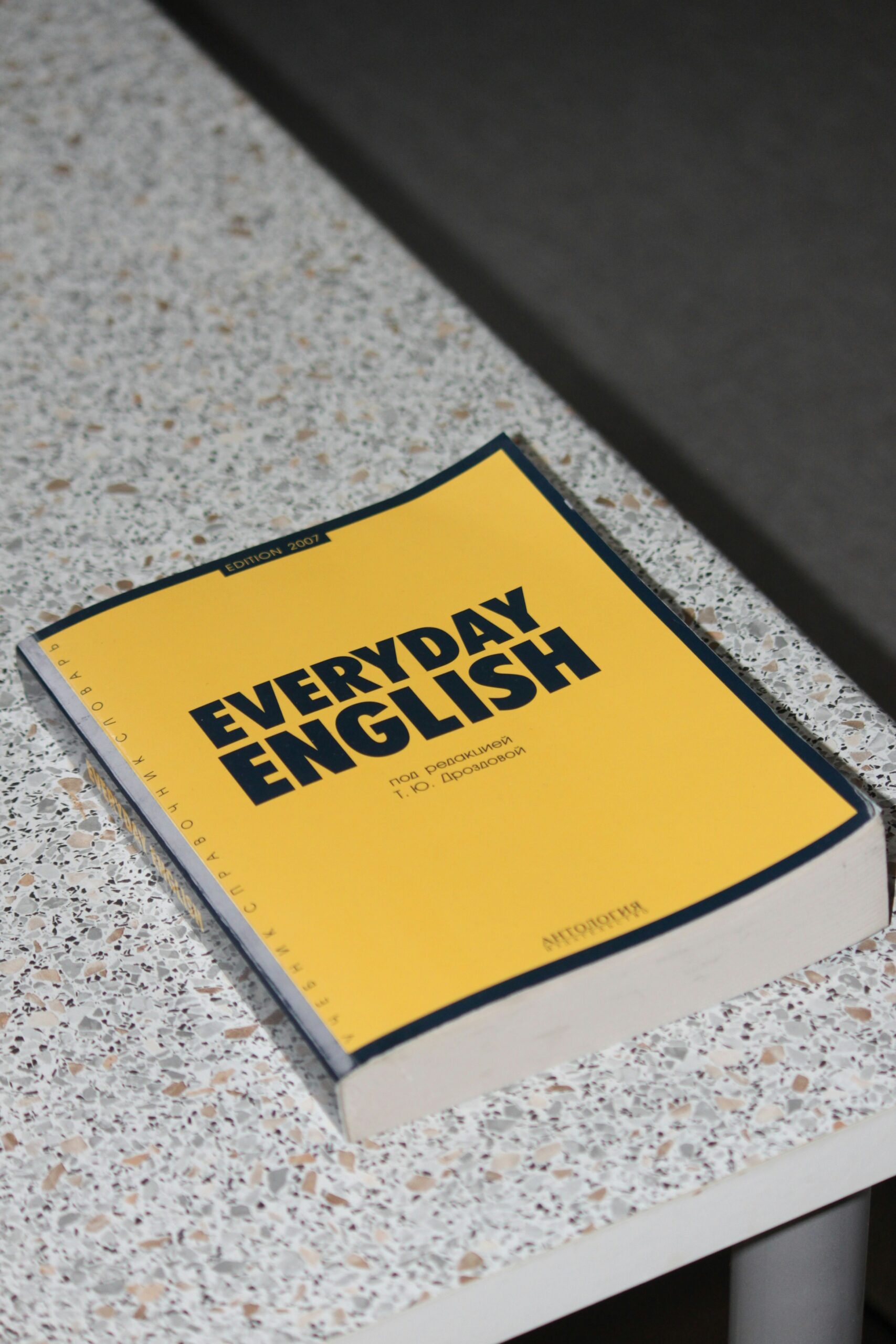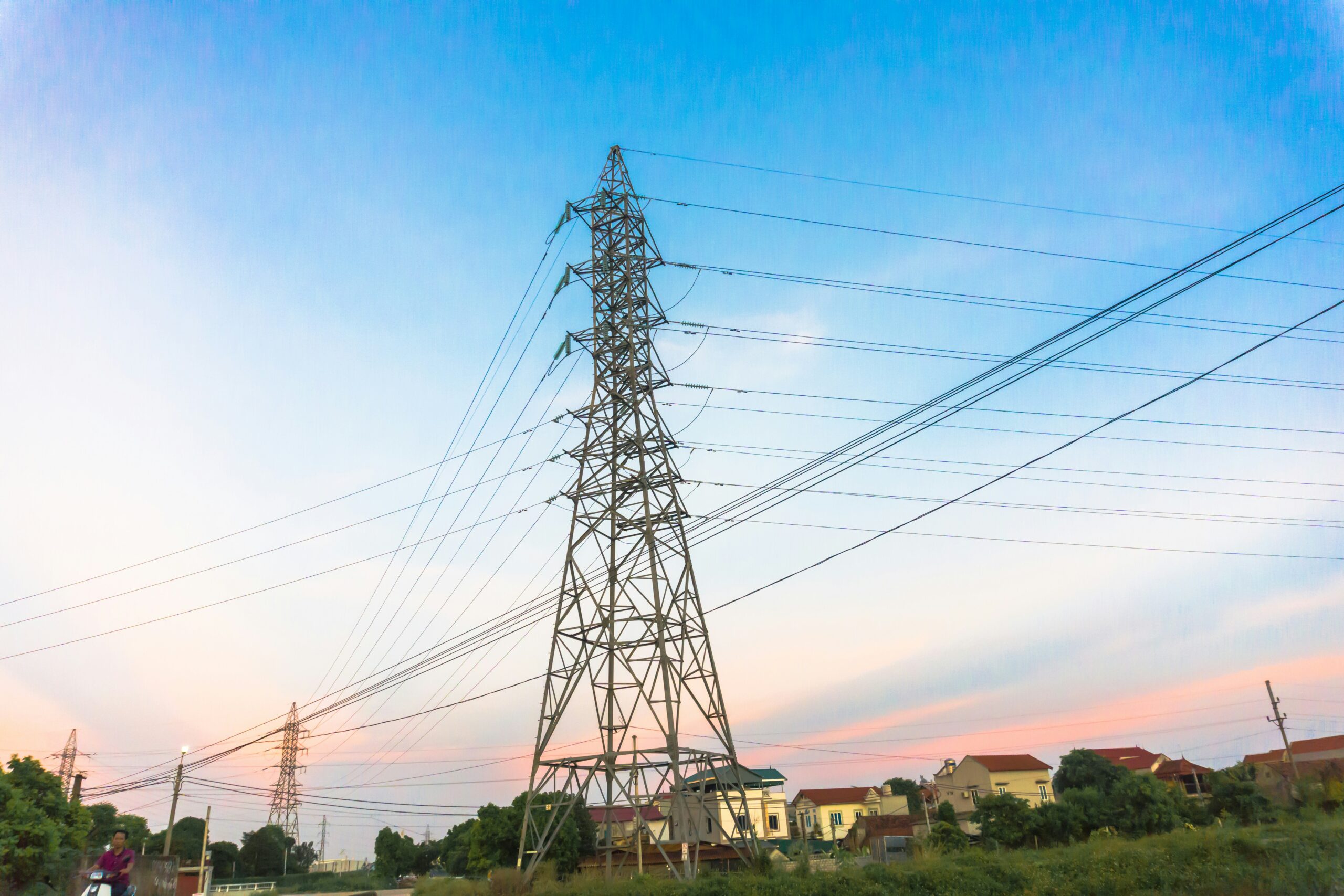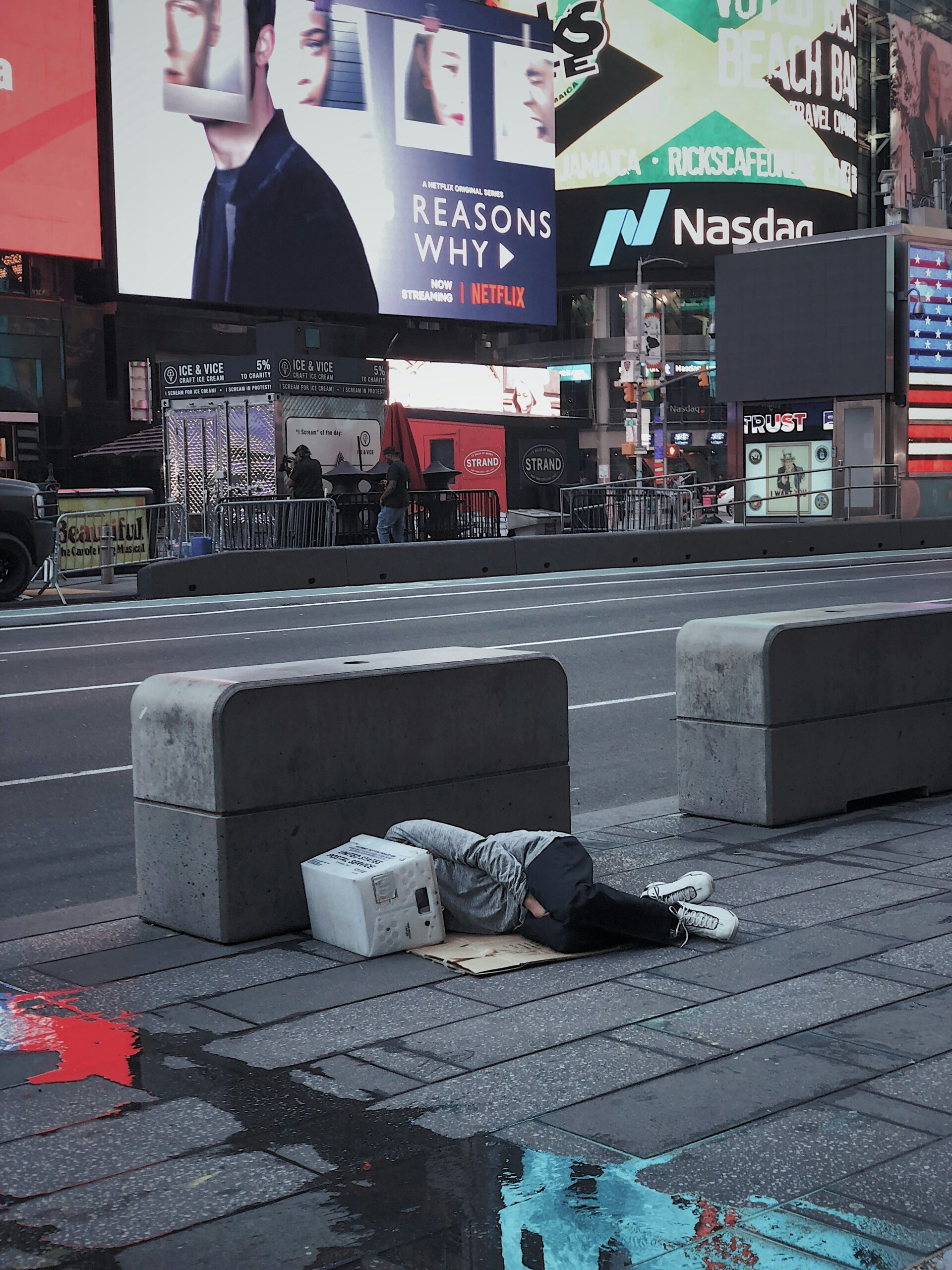
Ugh. Make it make sense!
Challenge accepted.
What are you talking about?
I’m going to make it make sense. Picture this:
They gathered in the conference room with the usual chit-chat. The project manager closed the door bringing everyone to attention. “Big news, everyone. Big news. We got a new job. The K Boys were so happy with the last one, they came back. If we knock this out of the park, I’ll bet we can get a long-term deal.”
Everyone looked eager. “What’s the job?” someone asked.
“We need to come up with a word.”
They started muttering nonsense syllables.
“No, not just something random. There’s a phenomenon in society where certain people are treated worse than others simply because they belong to a certain group and they frequently have no choice as to whether they belong to the group or not.”
“No!”
“That’s crazy!”
“Who ever heard of such a thing?”
“Now, now, I had the same reaction, but I did a little digging. It turns out that this really happens. For example, black people who are minding their own business and not doing anything wrong are frequently harassed by law enforcement. Just for being black. And women, you’re not going to believe this, usually get paid less than men for doing the same exact job. I found that similar things happen in this country for almost everyone who isn’t cis, straight, white, non-disabled, and male.”
There was shocked muttering all around the table.
“Now, the K Boys want a word for this.”
“Discrimination.”
“Oppression.”
“Subjugation.”
“Disparities.”
“No, no, no. Let me finish. Those all make it sound like an obviously bad thing. This has been happening for ages. The K Boys have realized that the word is going to get out soon. People, everyone, is going to be talking about it: the press, academics, activists, and eventually regular people. They want a word that can be introduced so that people can talk about the issue, but doesn’t let the talking lead to changes.”
The room was silent. Everyone looked uncomfortably at everyone else. The project manager asked, “What? You’re not having moral qualms, are you?”
Someone responded, “No, it’s not that. None of us are affected by this issue, if it’s even real. This is just a really hard assignment.”
Someone else spoke up, “What if we start talking about levels or hierarchies?”
“How will that help?”
“Well, we can give the impression that people get what they deserve, depending on what level they occupy. Almost like a class system.”
“Hmm. It’s the right idea, but too conceptual. That’s not a word, it’s a whole school of thought. We need something catchy and memorable. Something that fits in a soundbite.”
After another moment of silence, someone else said, “Demerit?”
There was some nodding and the project manager said, “Intriguing. Please explain.”
“I mean, people are treated differently because they’ve inherited demerits. Someone with no demerits can live life free of harassment or discrimination. Those with demerits have more hurdles to jump.”
“I like it. It keeps the idea that people deserve the treatment they get. And it plays on what the word already means. It’ll be easy to incorporate into everyday language. This is promising.”
The whole table began talking excitedly. Then, one voice rose above the others, “Excuse me. Umm. I don’t want to be a buzz kill, but how do we explain how people get the demerits?”
“Come on, why do you need to ruin everything?”
“I just don’t think demerit will work. If we try saying that being black or female gives you demerits, won’t that be too obviously racist and sexist?”
A few people nodded. “I hate that you’re right. How do we fix this?”
Everyone fell back into silence. Minutes passed before someone said, “Privilege.”
“Ha! Yeah, right. We’re going to convince people that demerits are a privilege?”
“No.”
“Are they going to think that being treated unfairly is a privilege?”
“Nope.”
“Then what does privilege have to do with what we’re talking about?”
“Nothing whatsoever. That’s the beauty of it.”
“I don’t follow.”
“We’re the ones that have privilege. Look at it this way: Instead of talking about the things that cause certain people to be treated badly, we get people to think that those who are not treated badly are privileged.”
“Okay.”
“So, when people try to talk about discrimination and other social ills, they wind up talking about the very people who are unaffected by such things. It’s hard to spin a security guard following an innocent person of color around a store or a business without access ramps as anything other than bad. We’ll change the conversation. I have privilege because the security guard doesn’t follow me and I can just walk up the stairs. We become the focus. We’ve always been the center of attention. This preserves that.”
“But that can’t work, can it?”
“Sure it can. The people who use the word will get to feel righteous. They’re pointing a finger and assigning blame. People love doing that. And the people who are called privileged will get resentful. Most likely they did nothing wrong. These are systemic issues way beyond them, but they’re being blamed for them. If anything, it will increase the divide between the “privileged” and everyone else.”
“That’s actually kinda brilliant. The K Boys will be thrilled. Our bonuses are going to be huge this year.”
Huh?
I made it make sense.
But that’s not what actually happened.
I have no idea what actually happened, but what’s more likely? That some well-meaning academic coined such an obviously counterproductive word that completely fails to highlight what it is supposed to be highlighting and all of the allies enthusiastically adopted it? It was planted. It’s counterintelligence. That’s the simplest explanation. It’s like big tobacco. What’s the goal of people who talk about privilege? They probably think it’s to get everyone to have privilege (which doesn’t make any sense), but people hear it as them wanting to take away our privilege.
That does make sense.
Just like you wanted.












